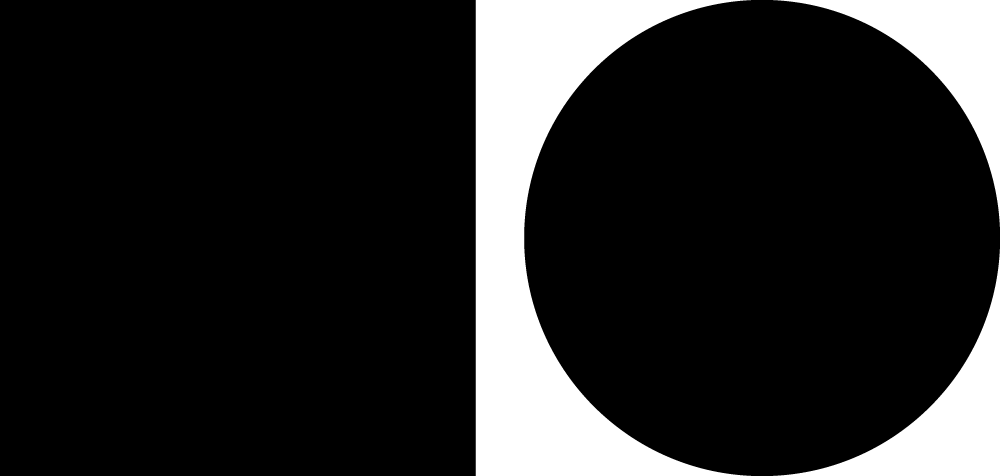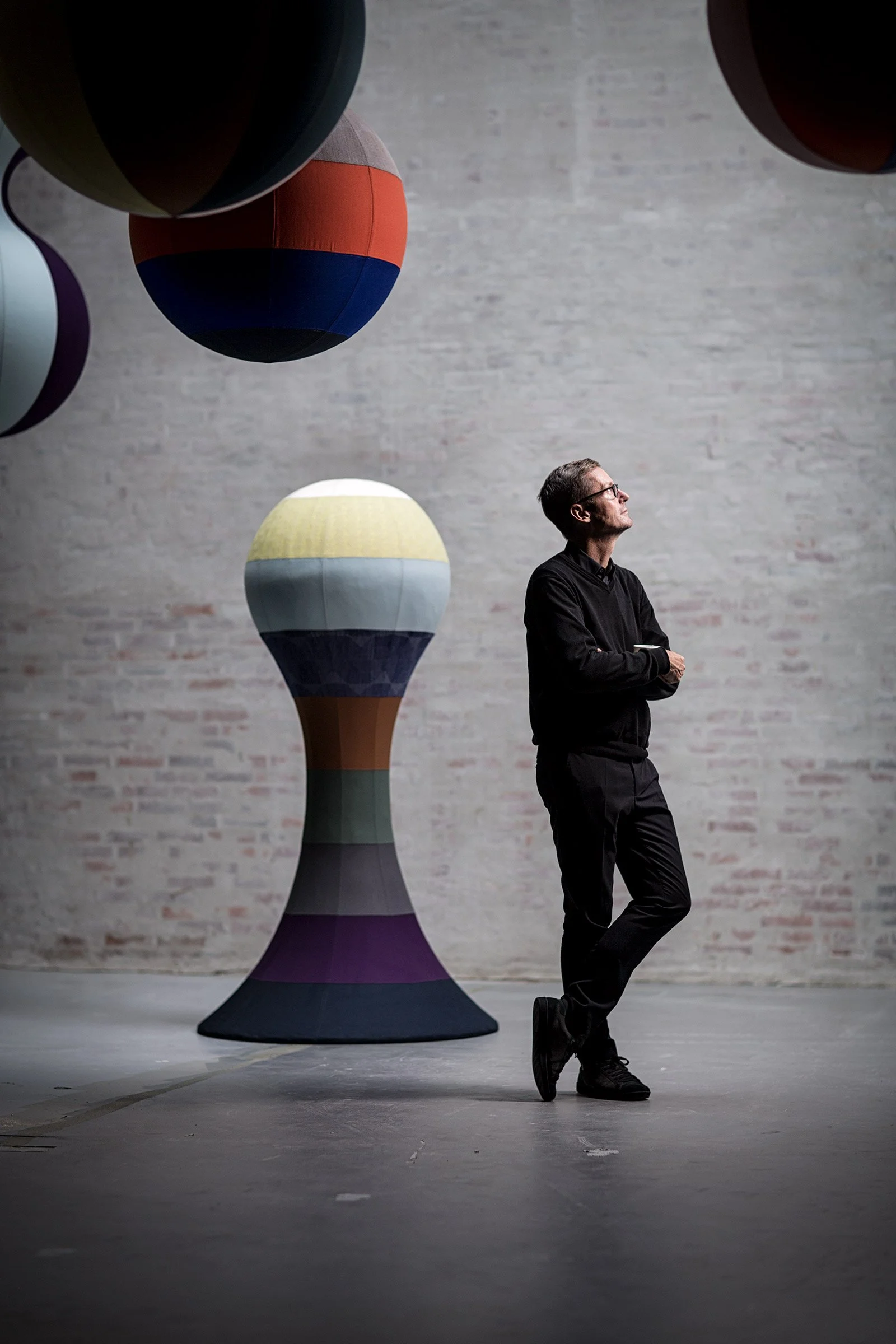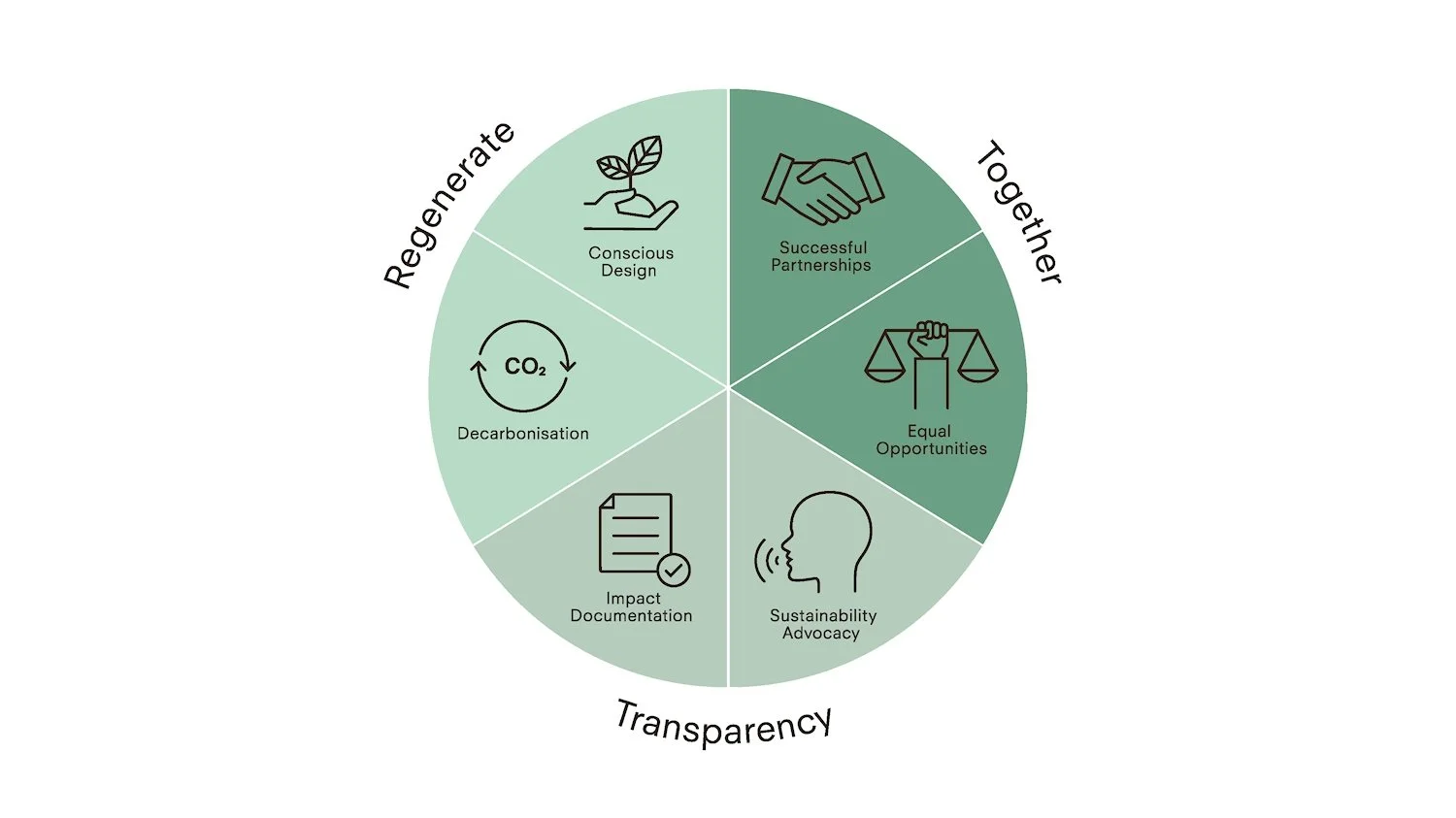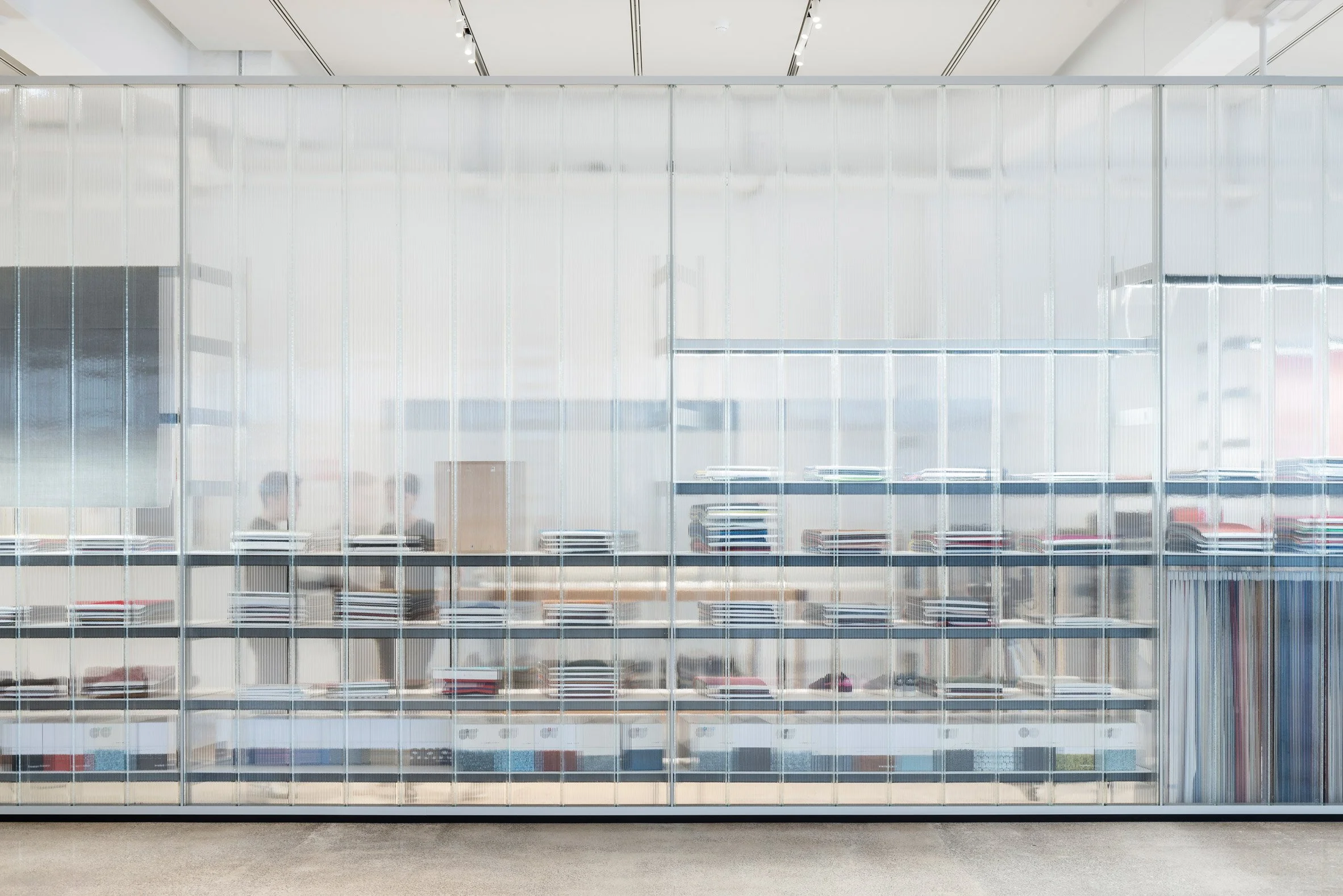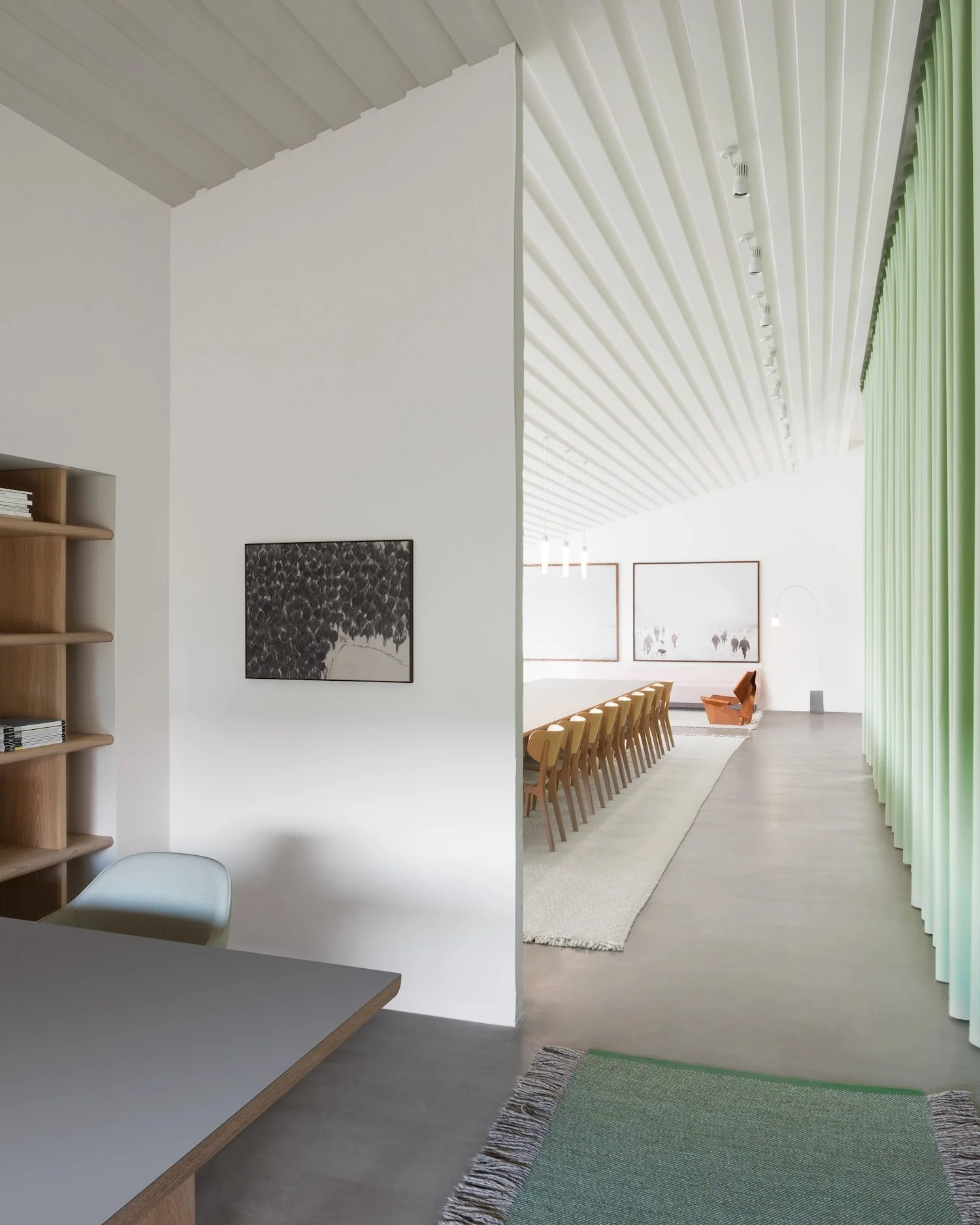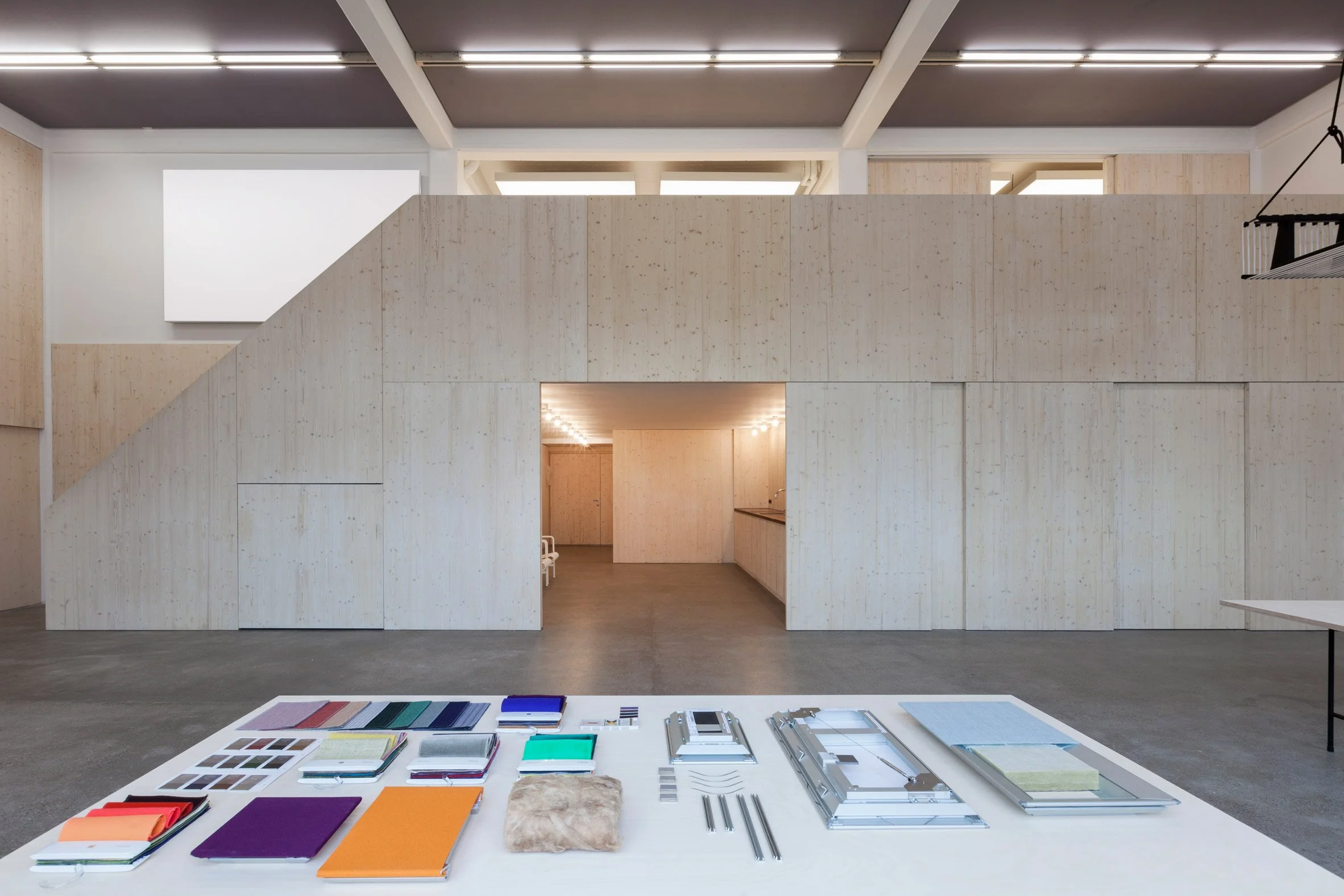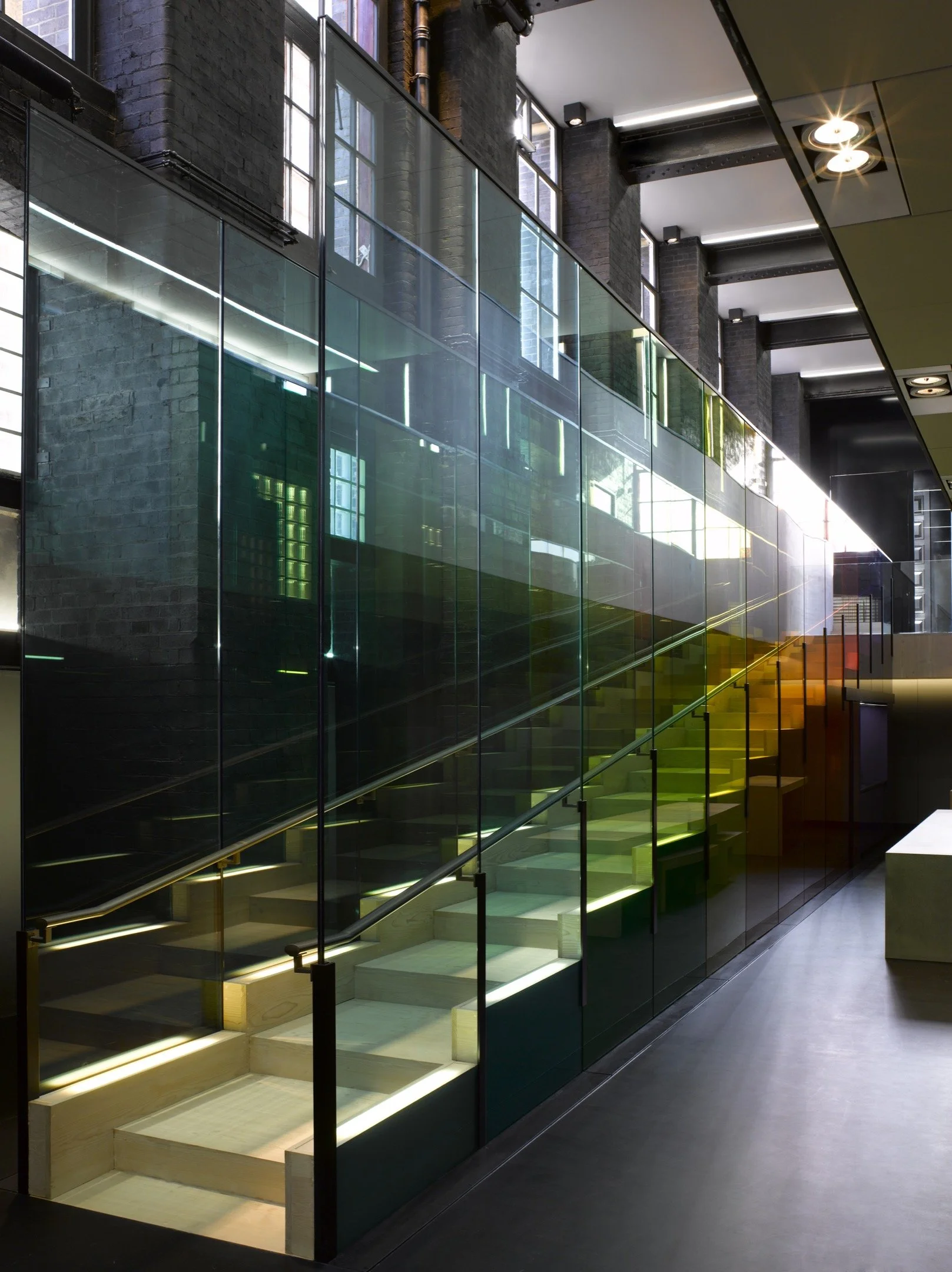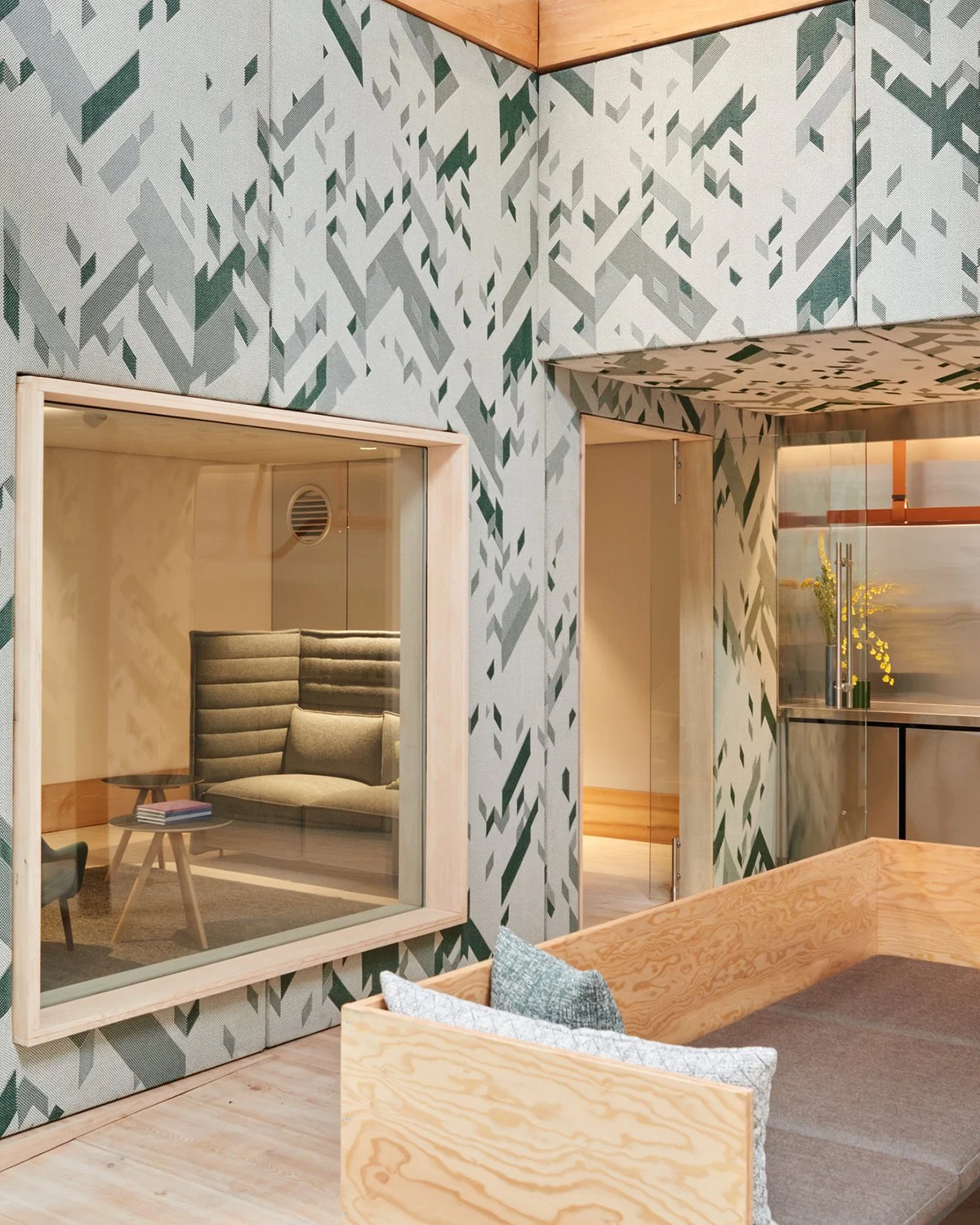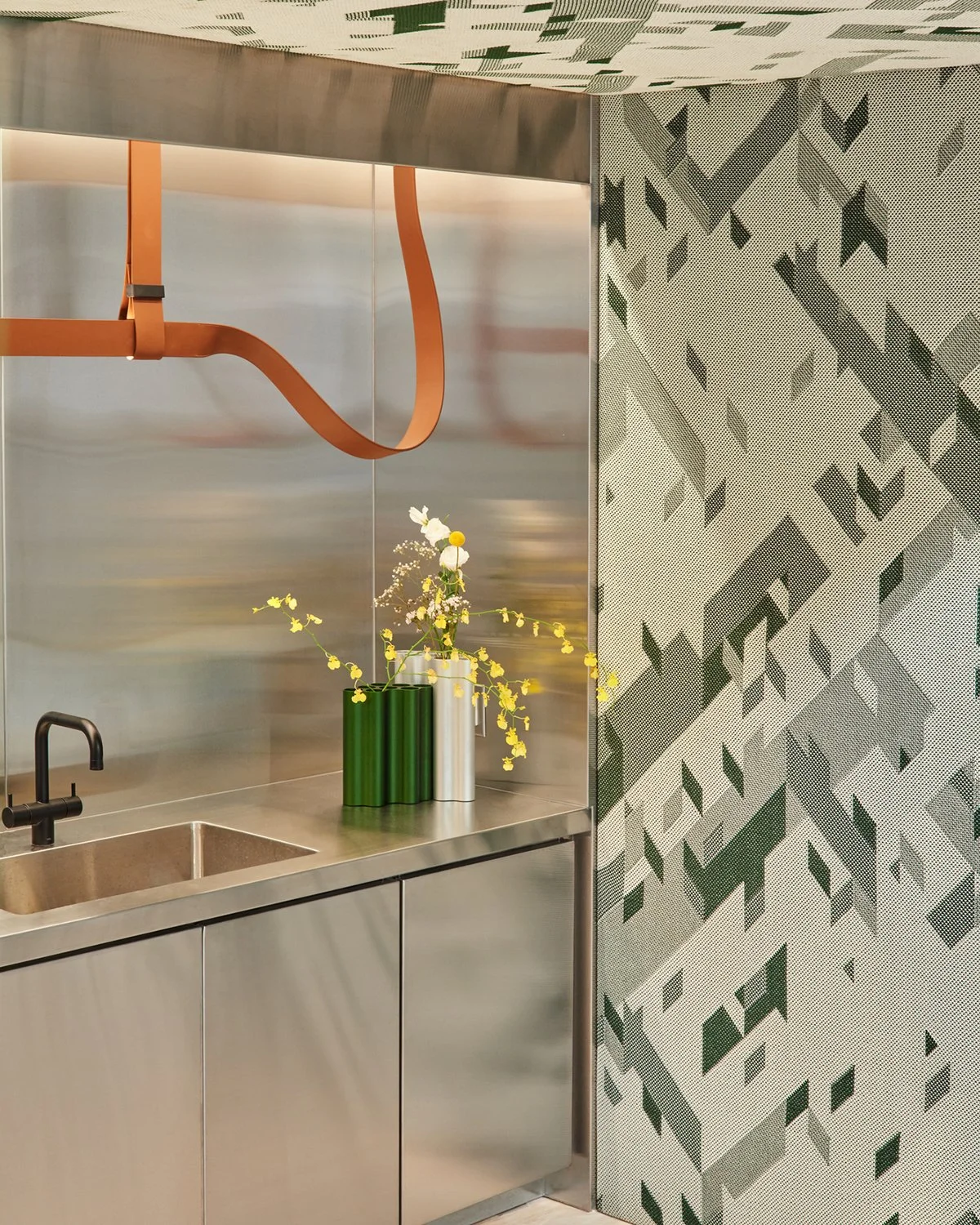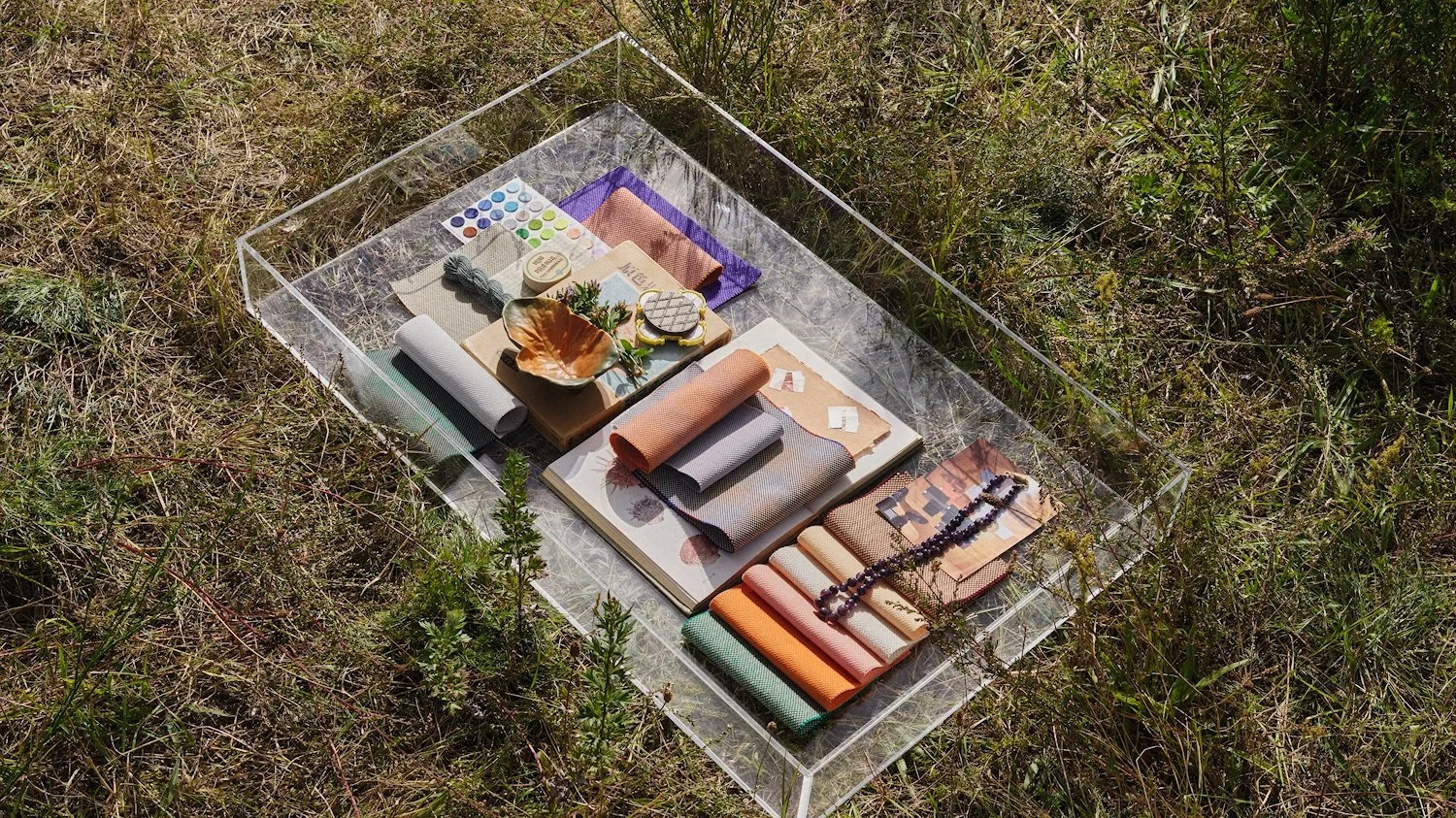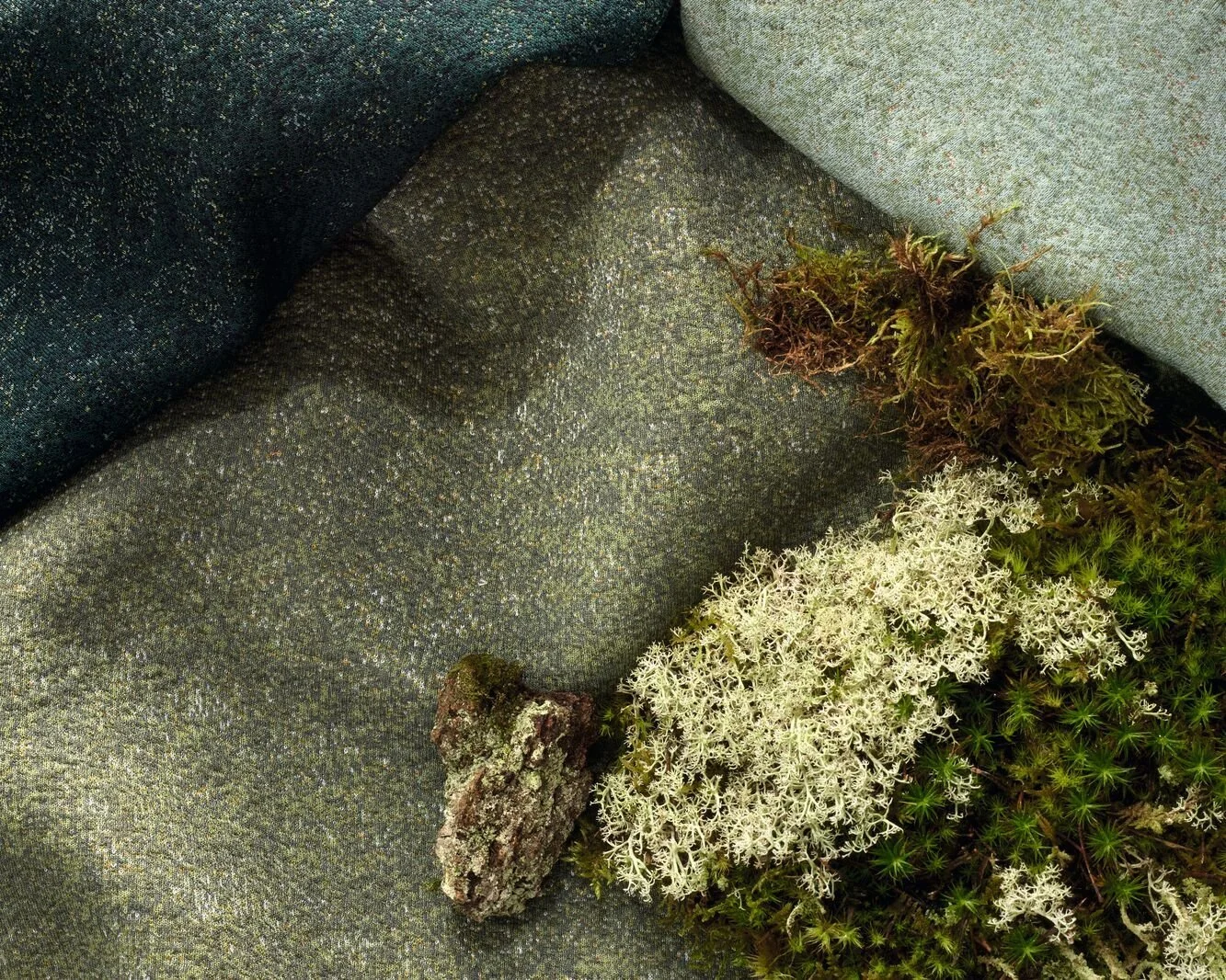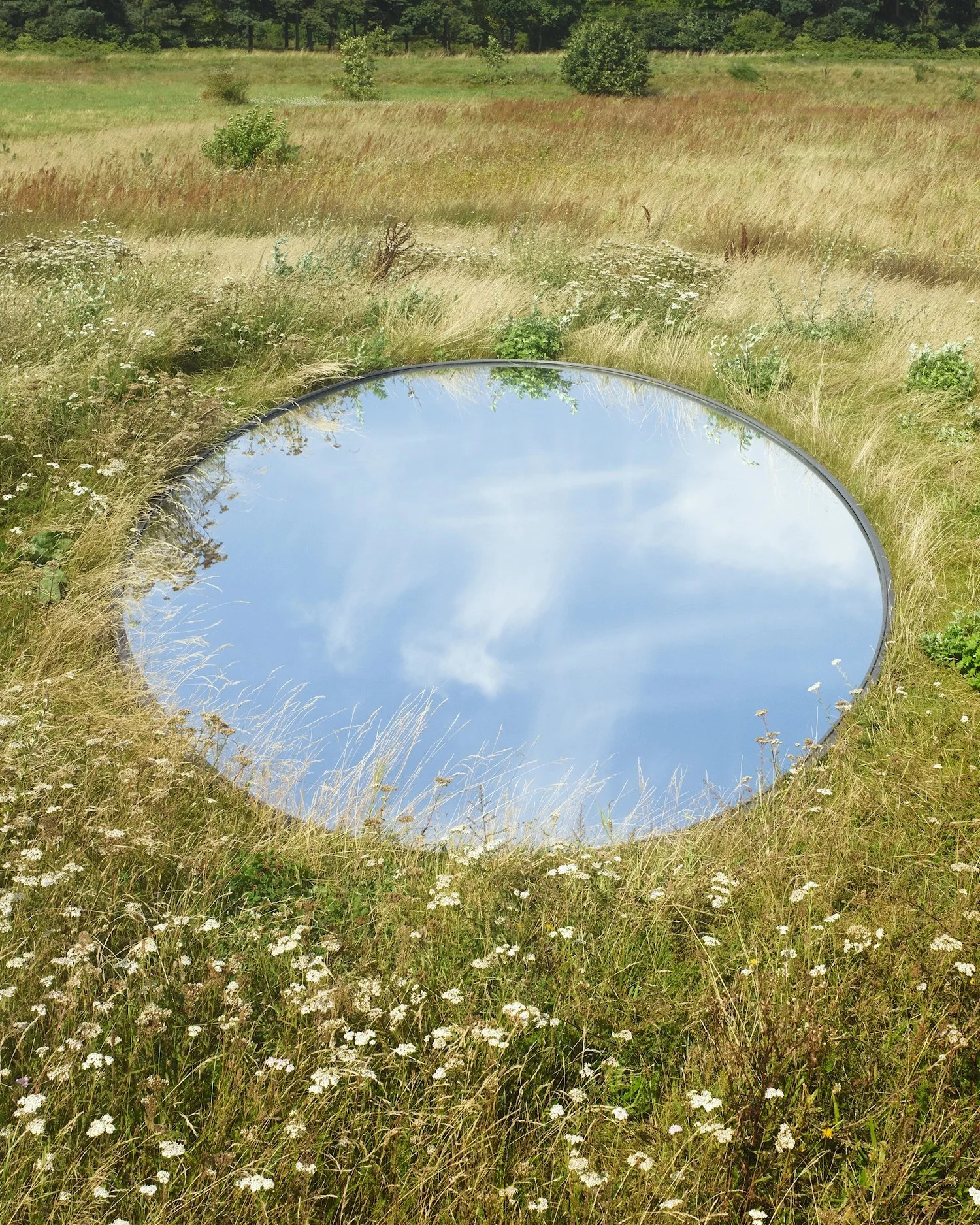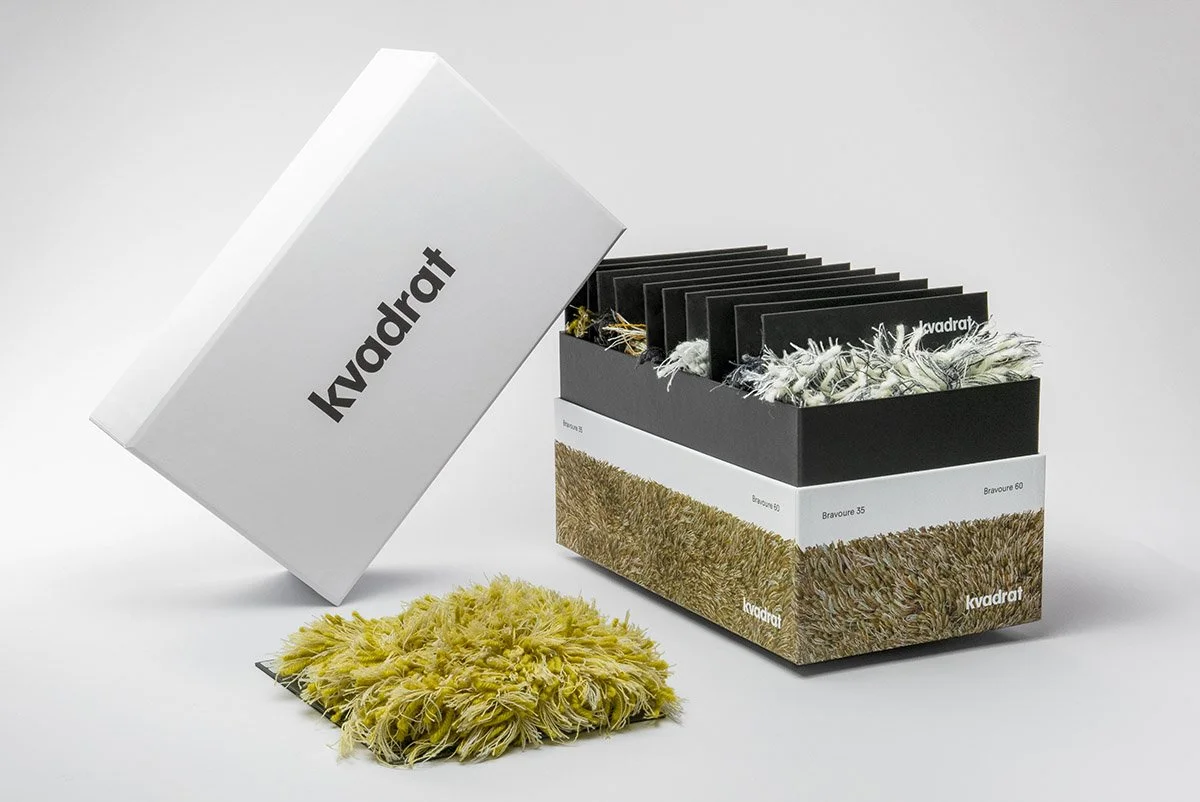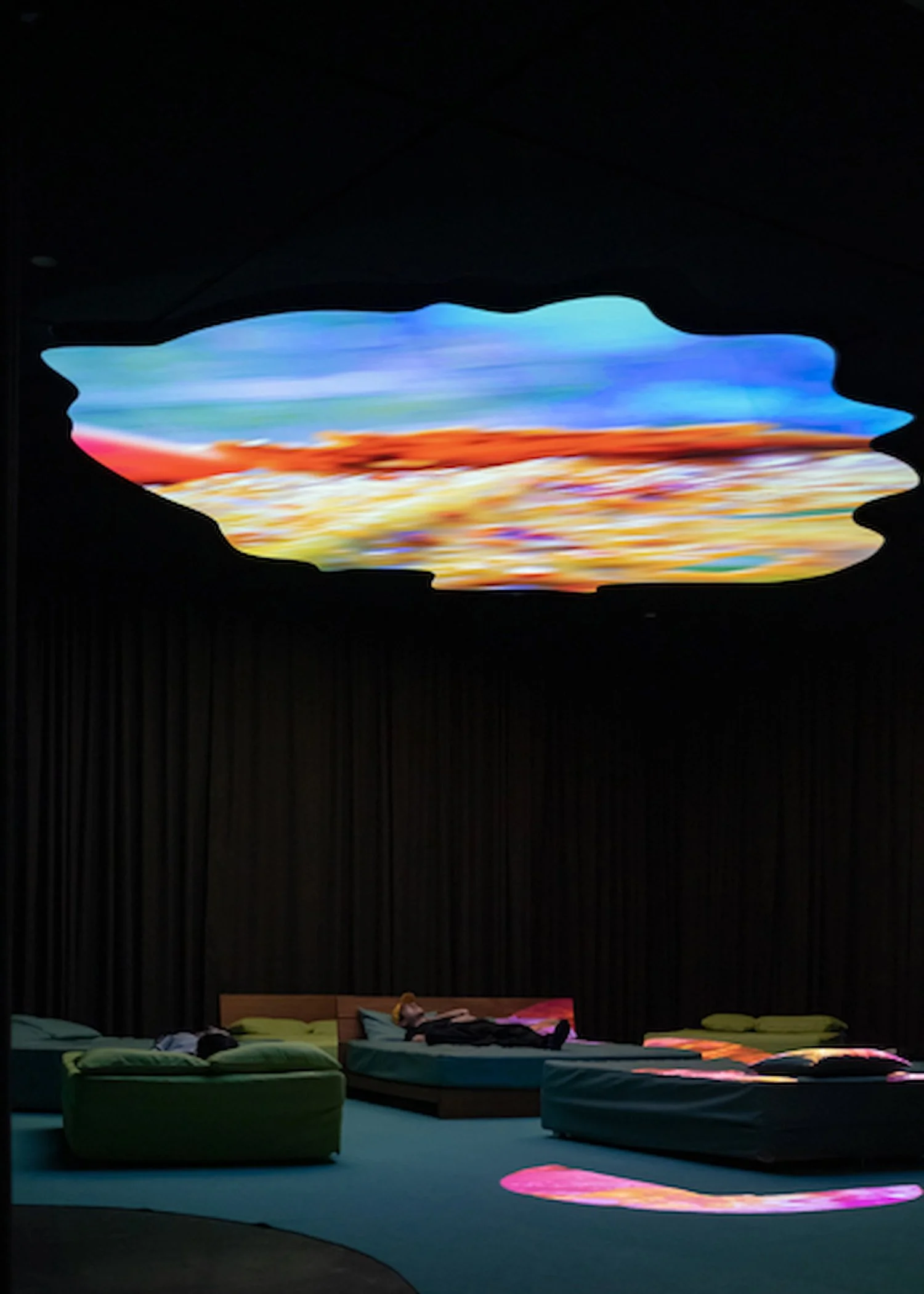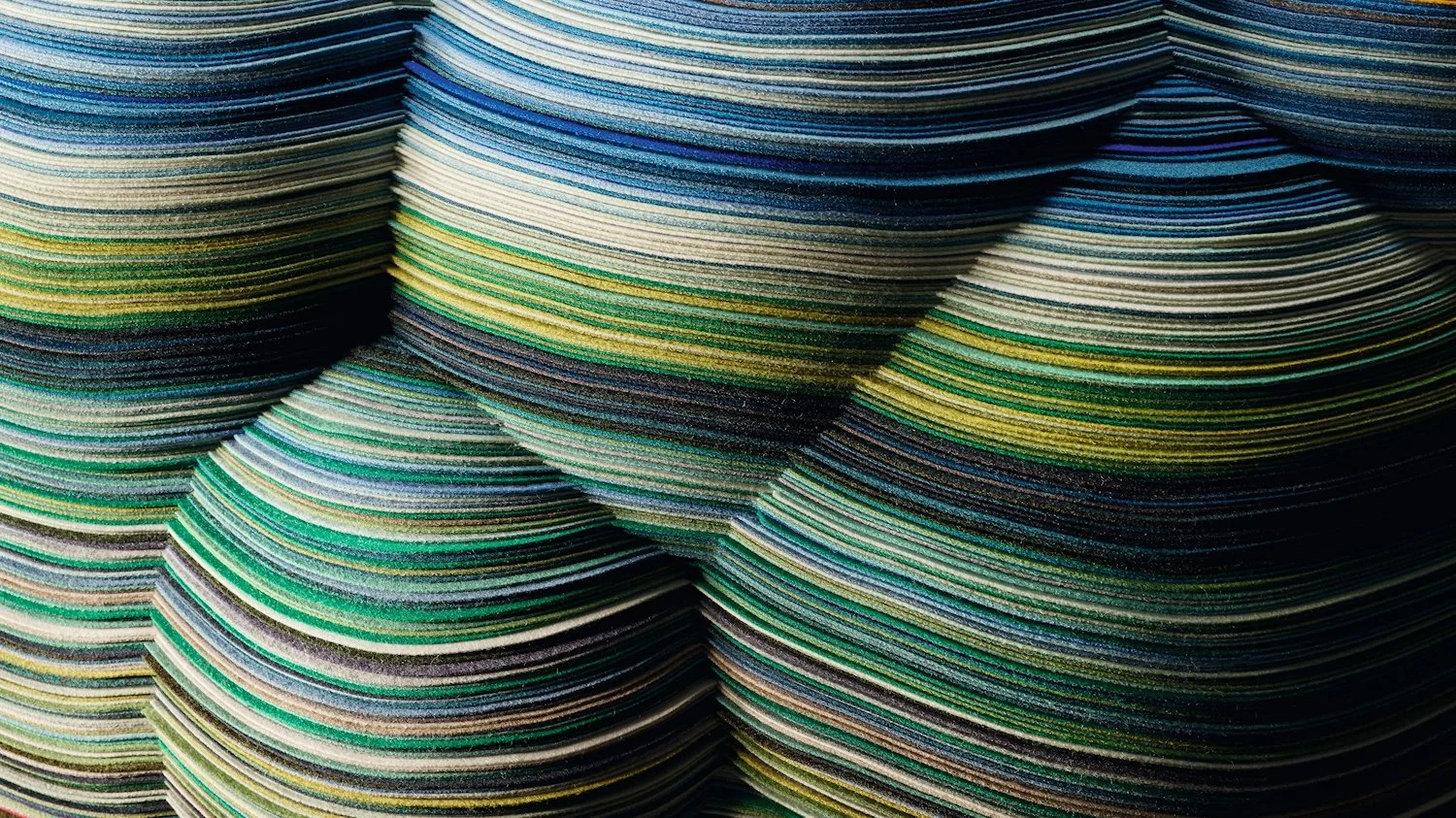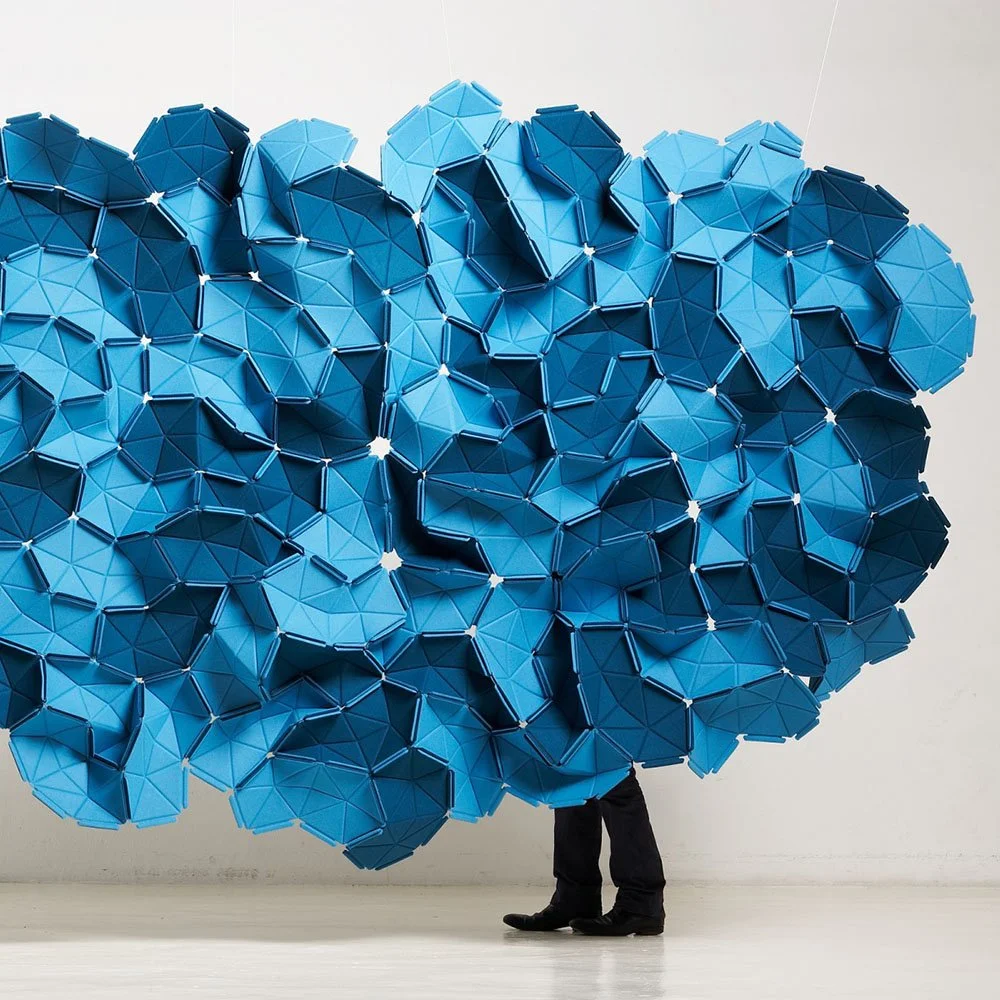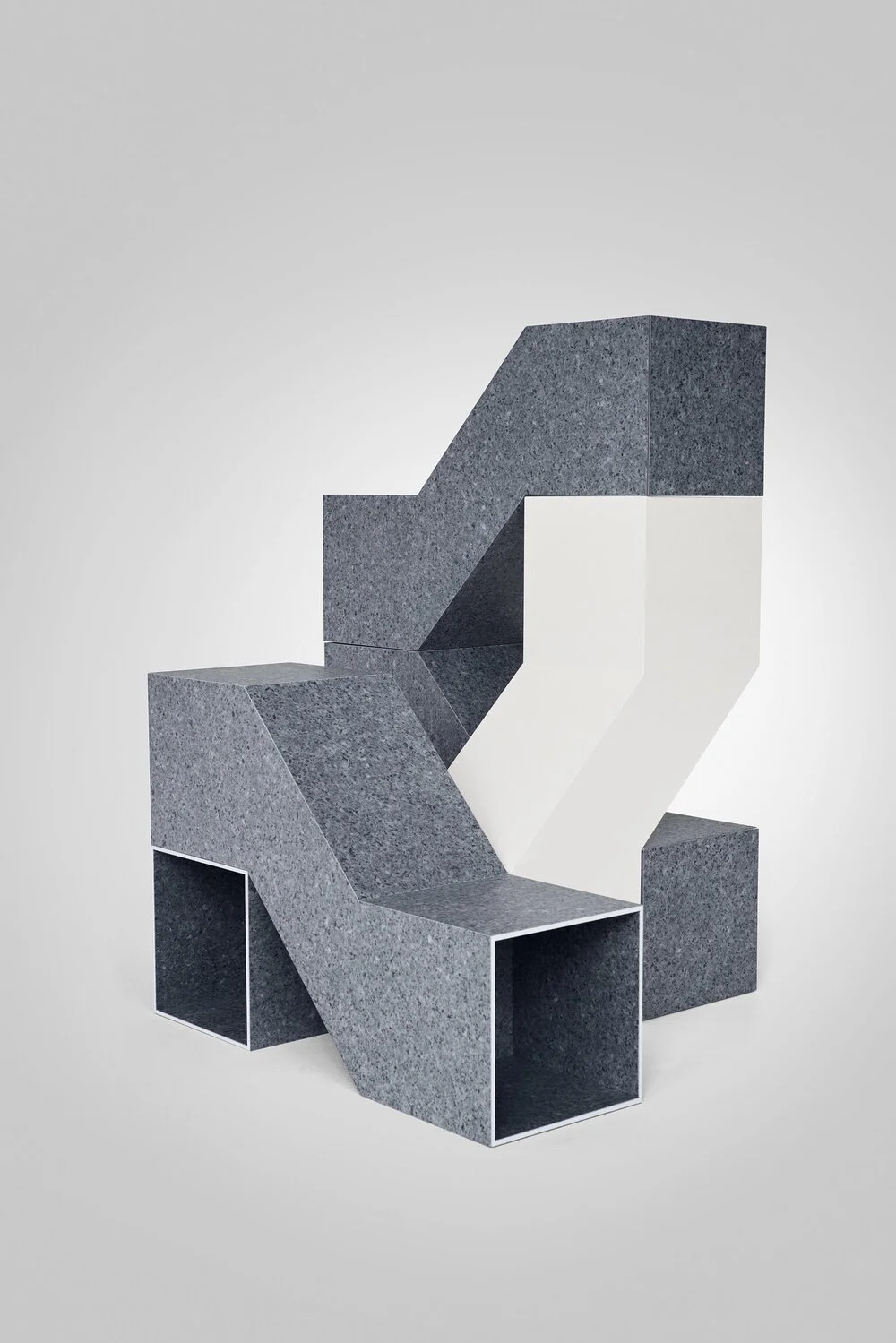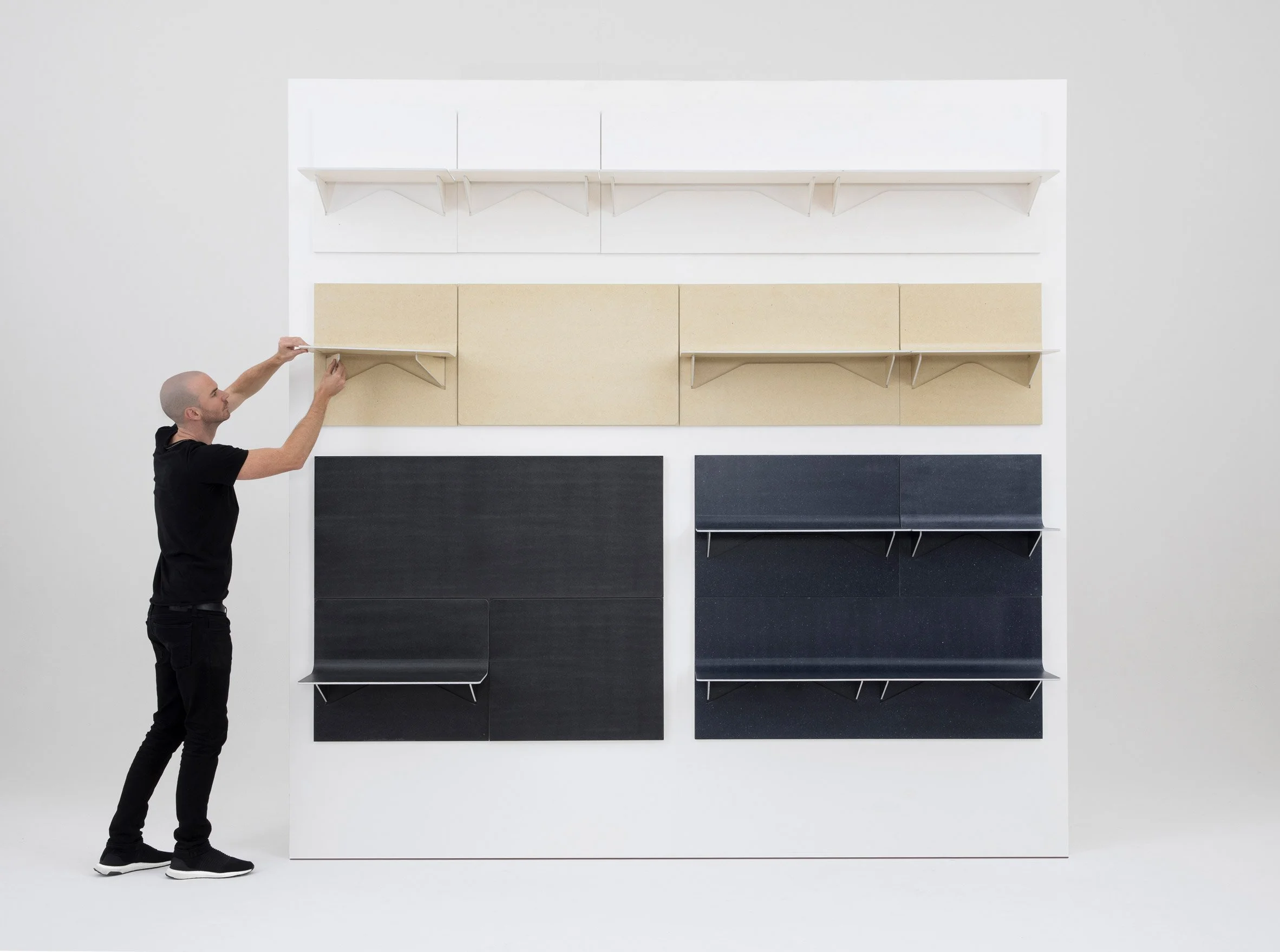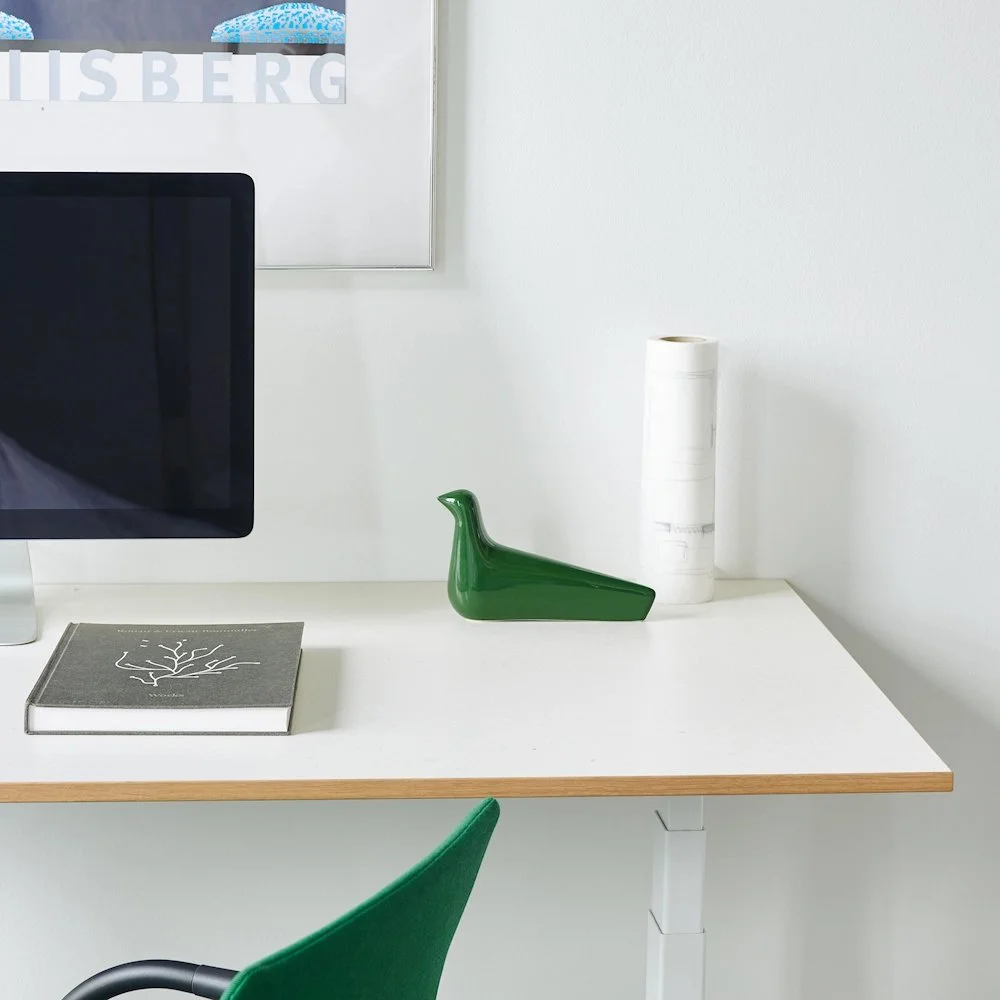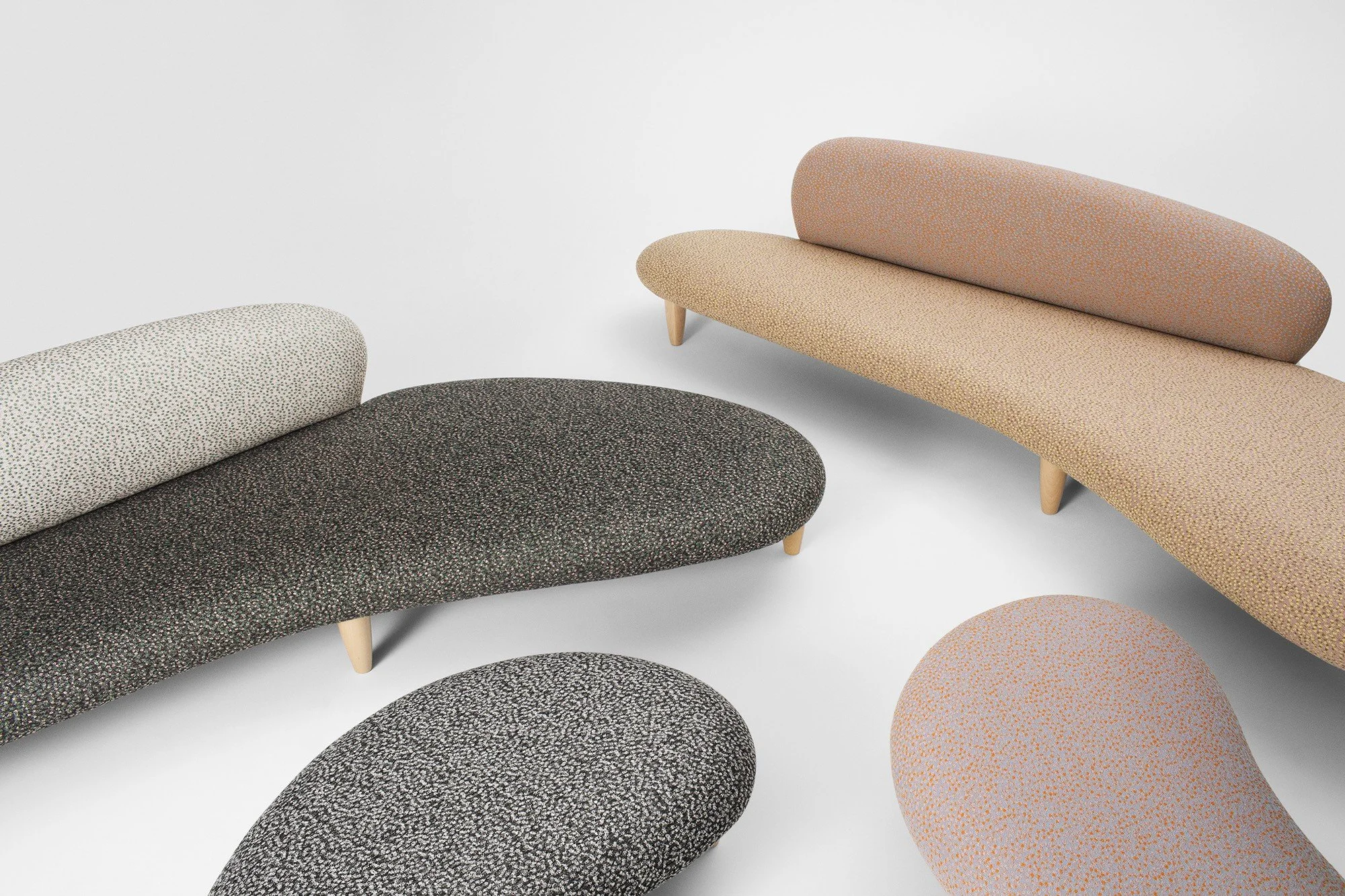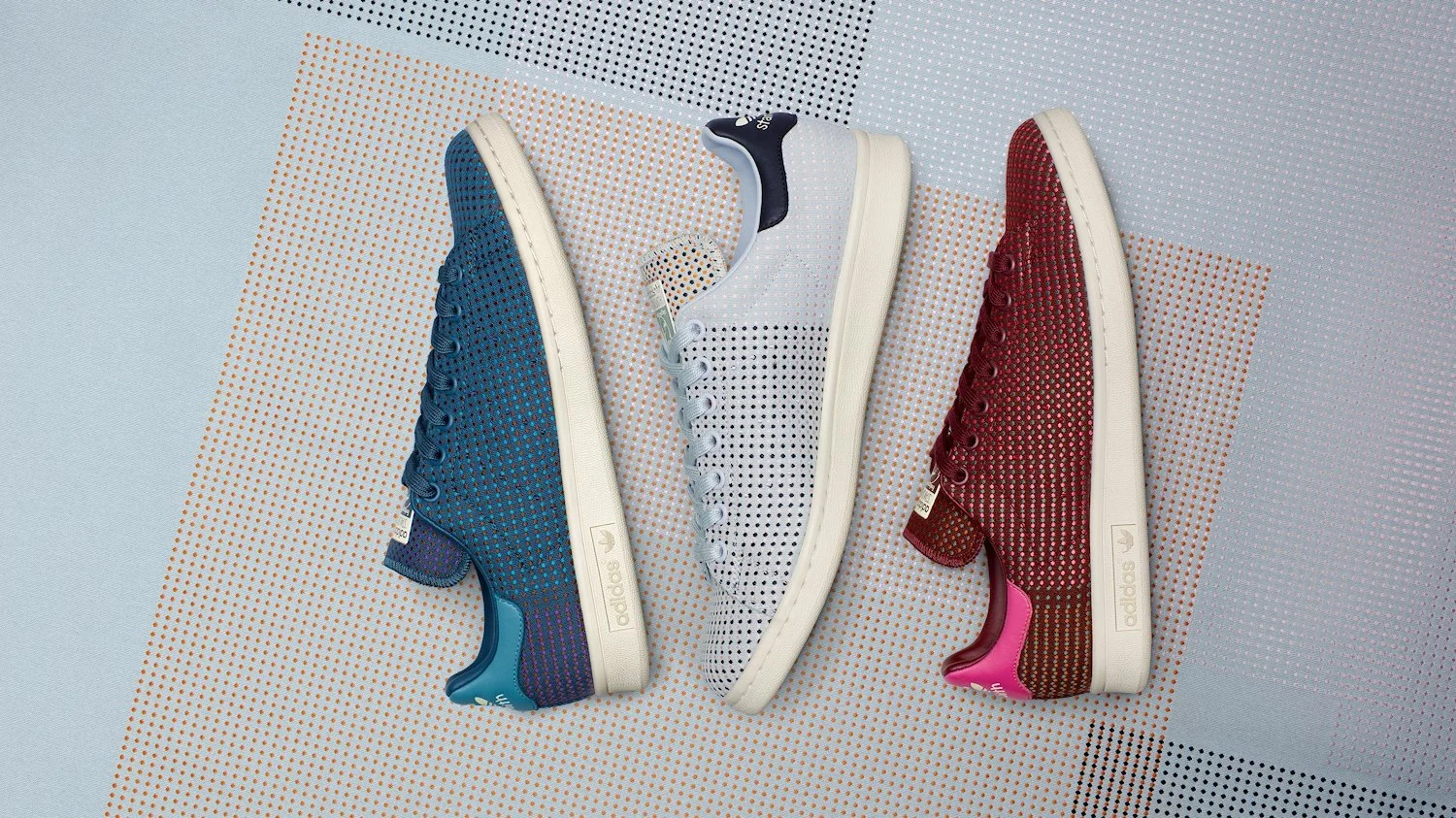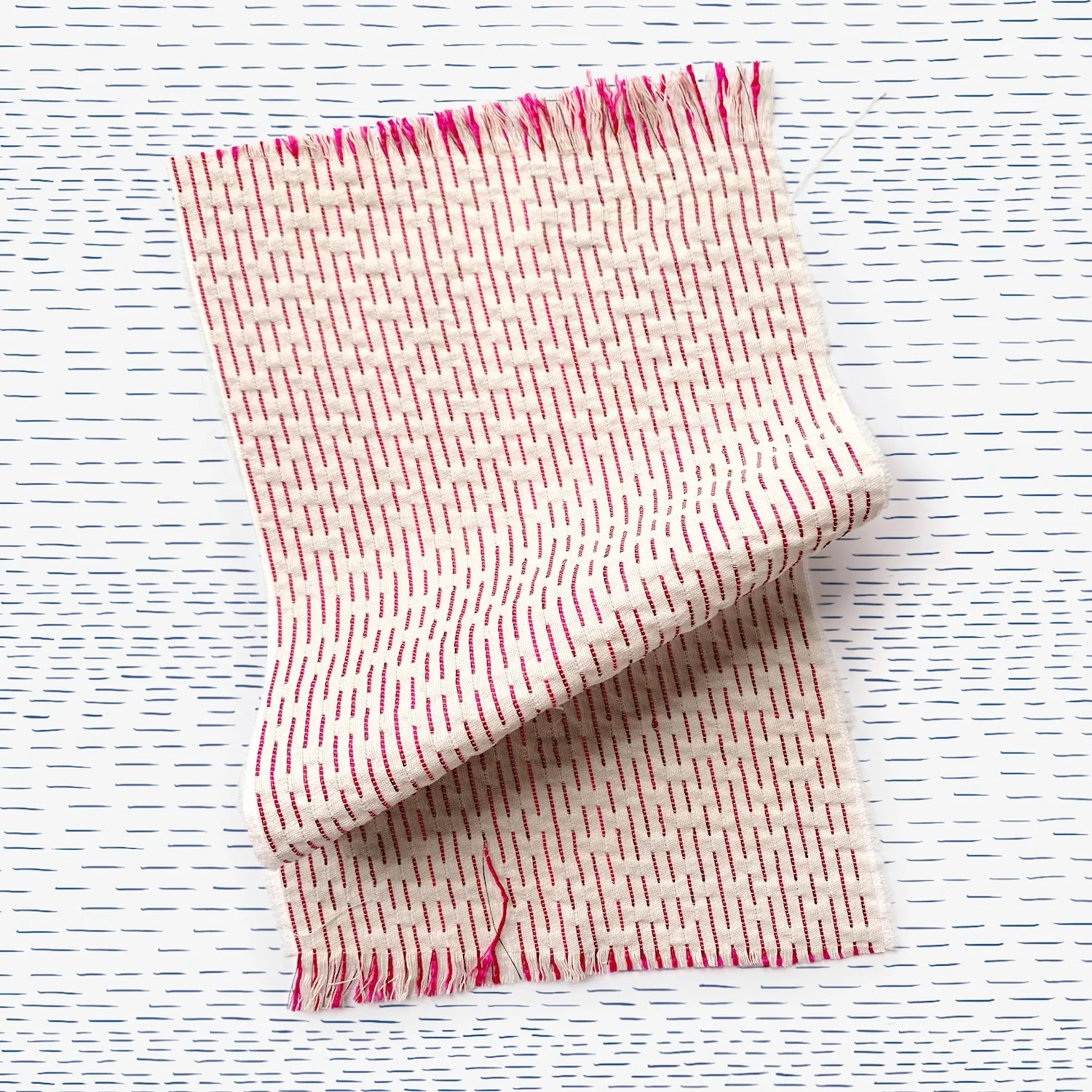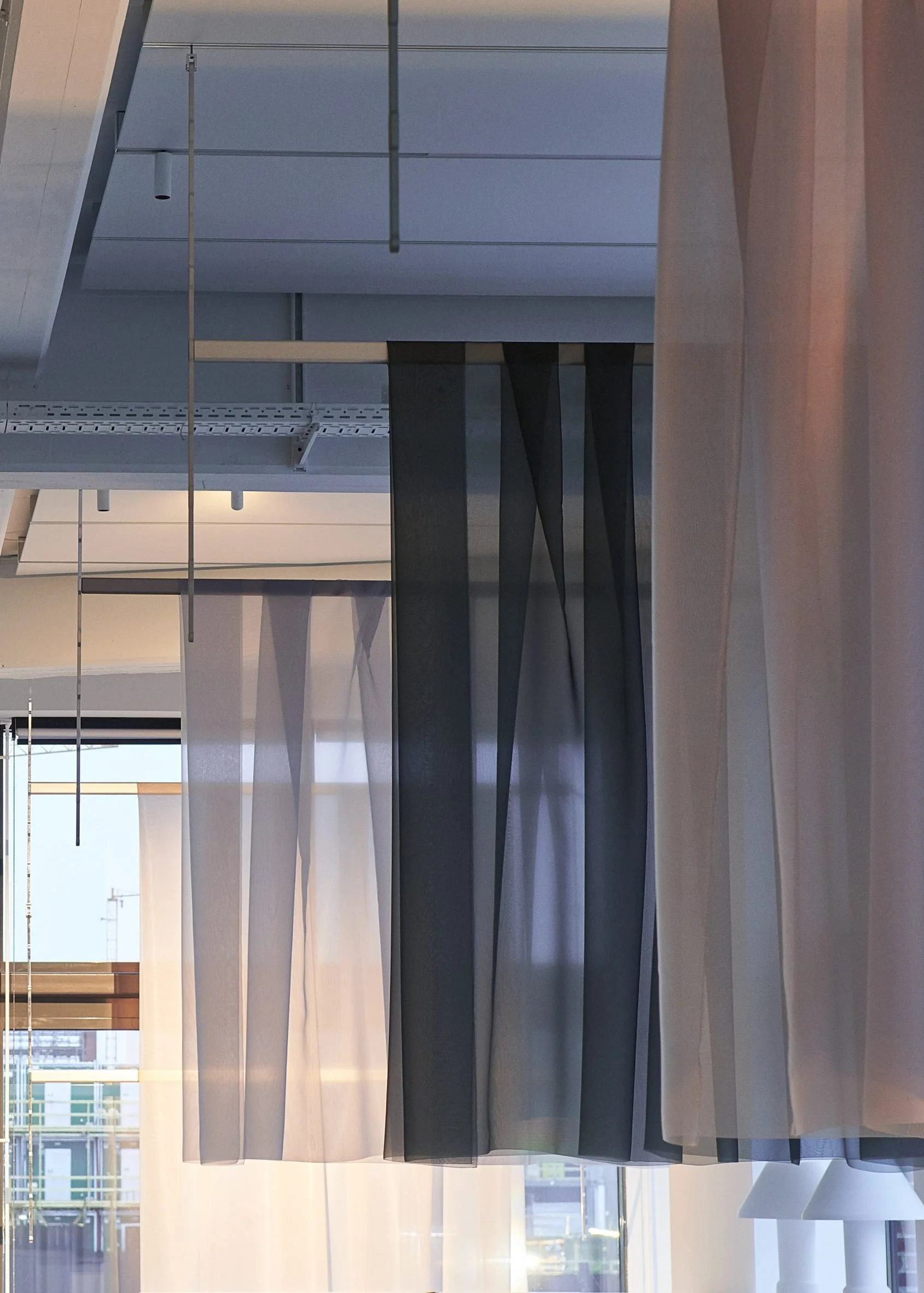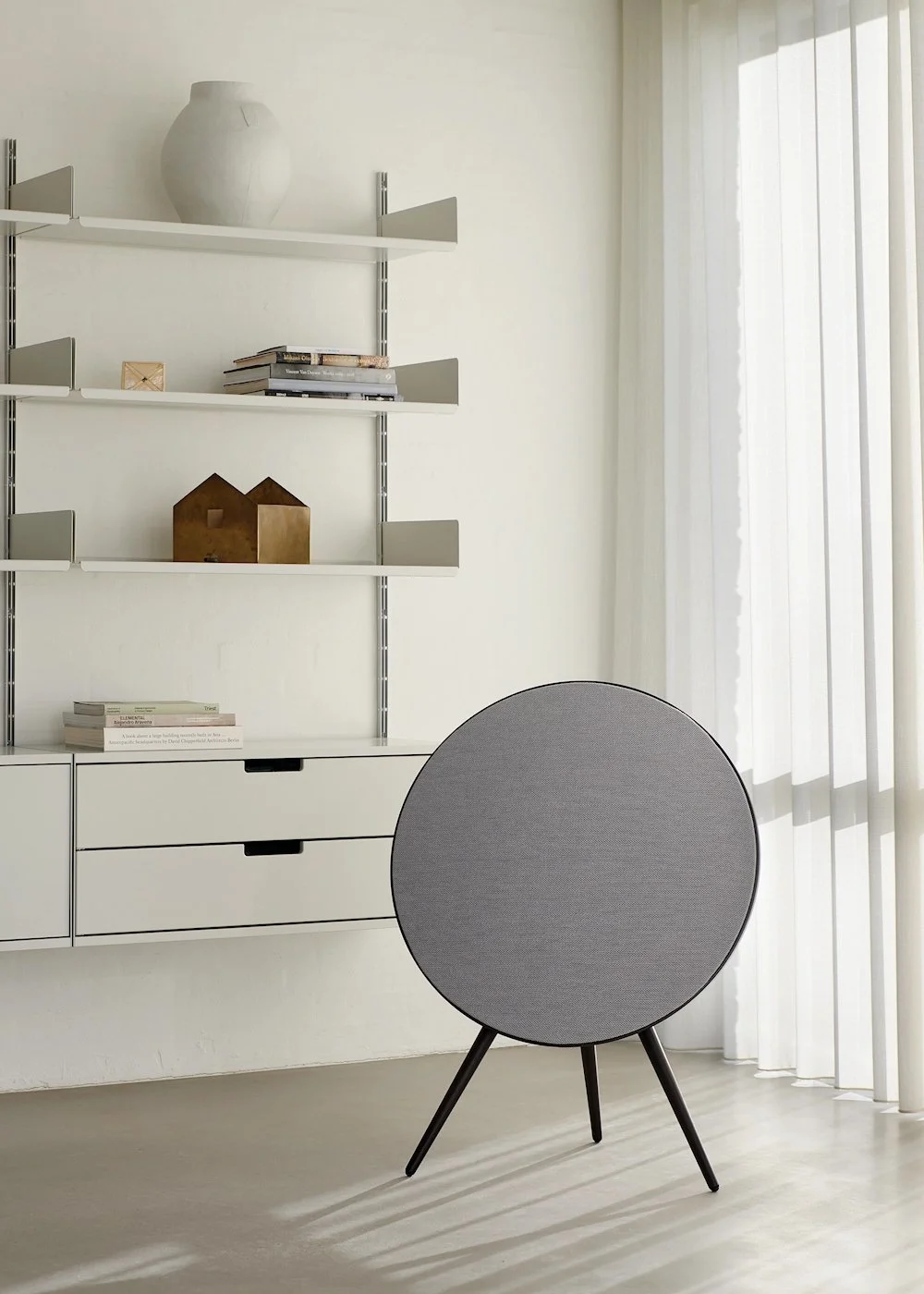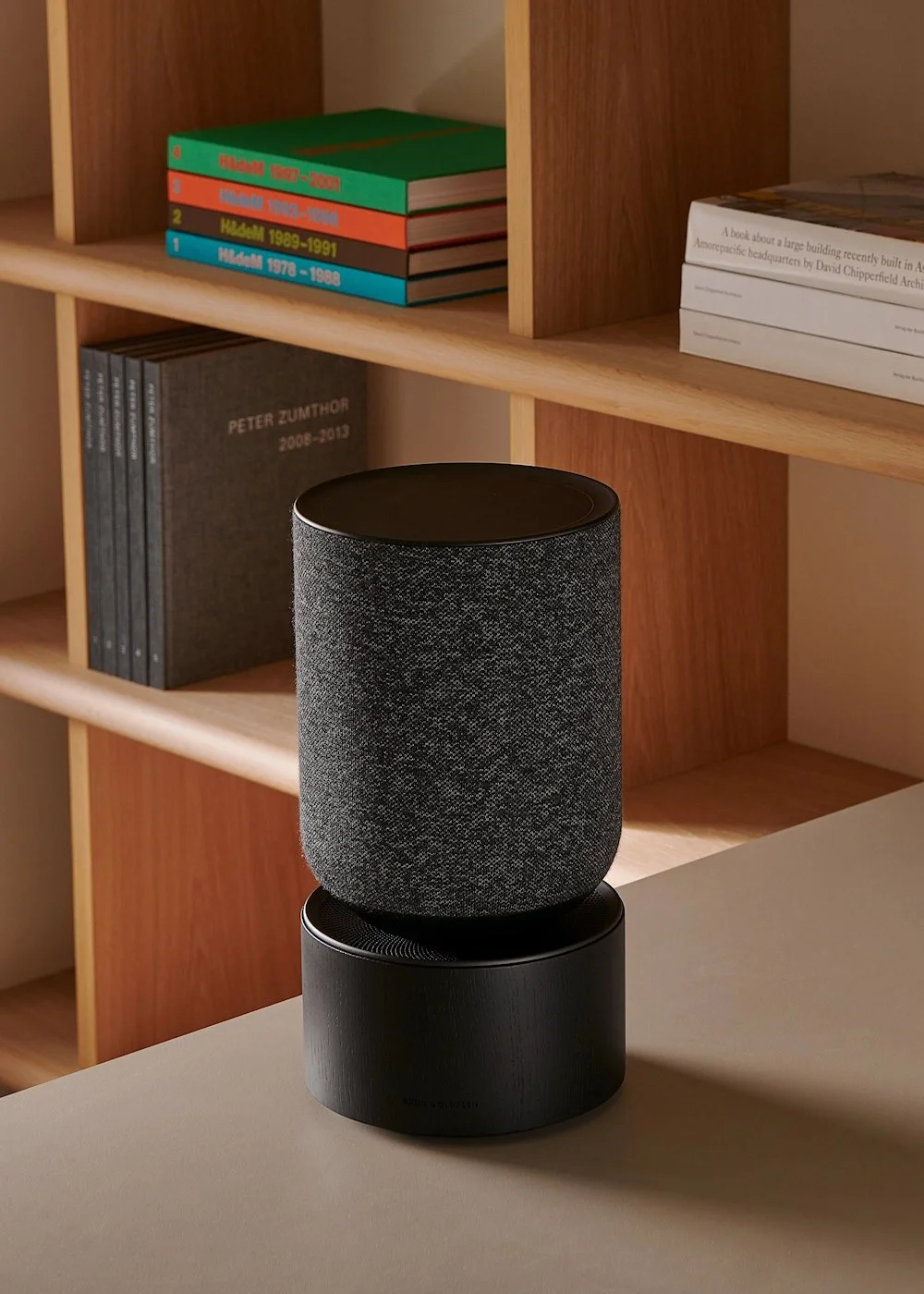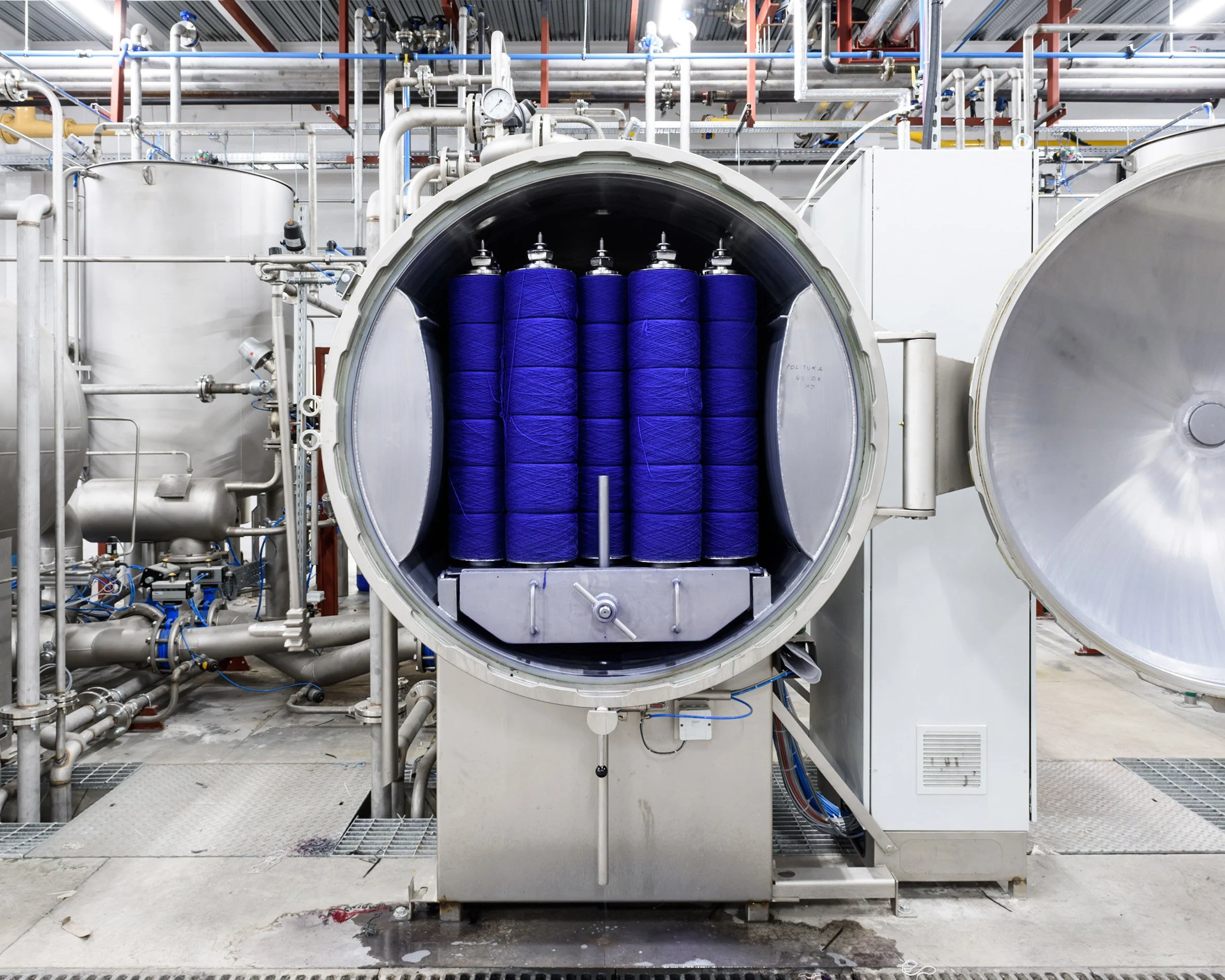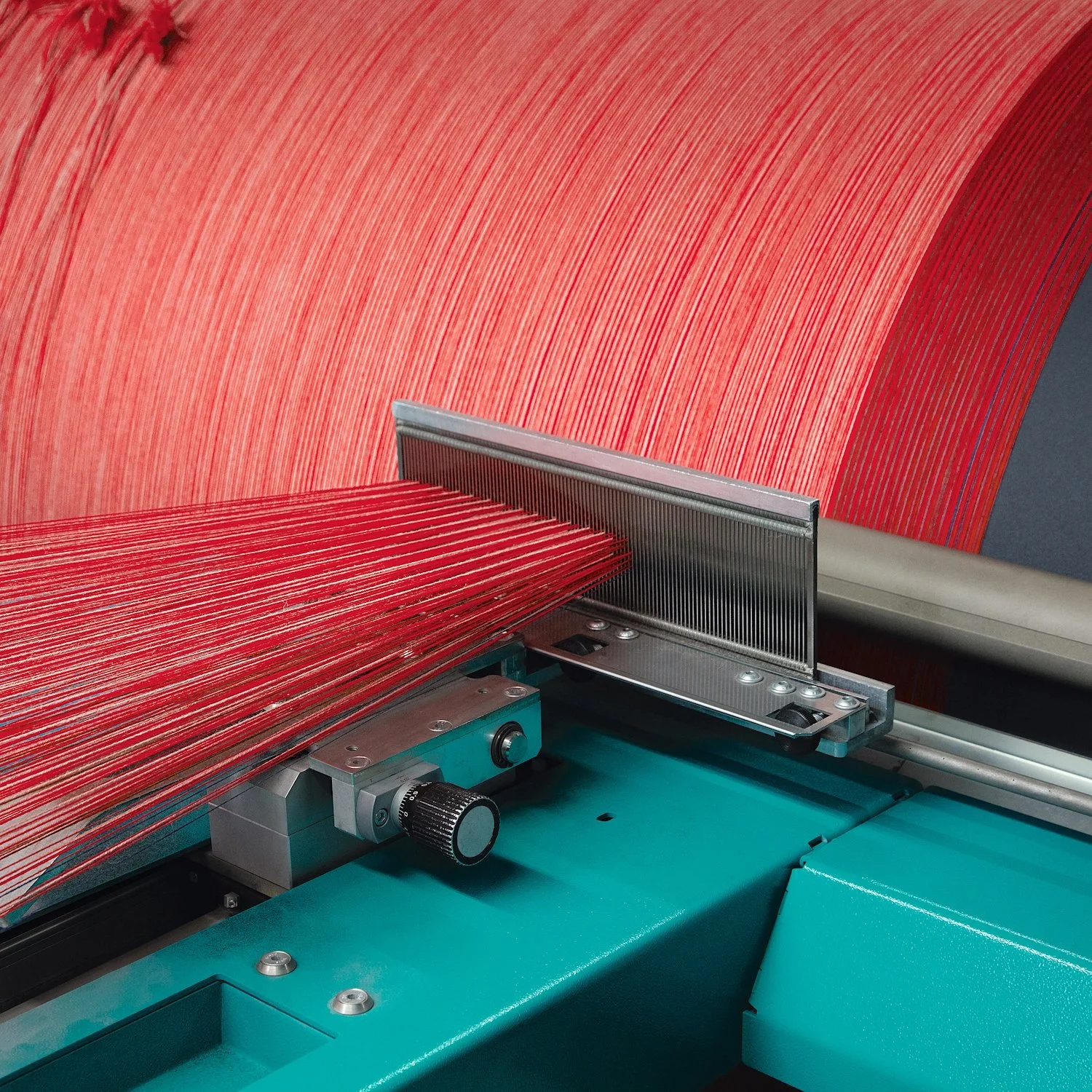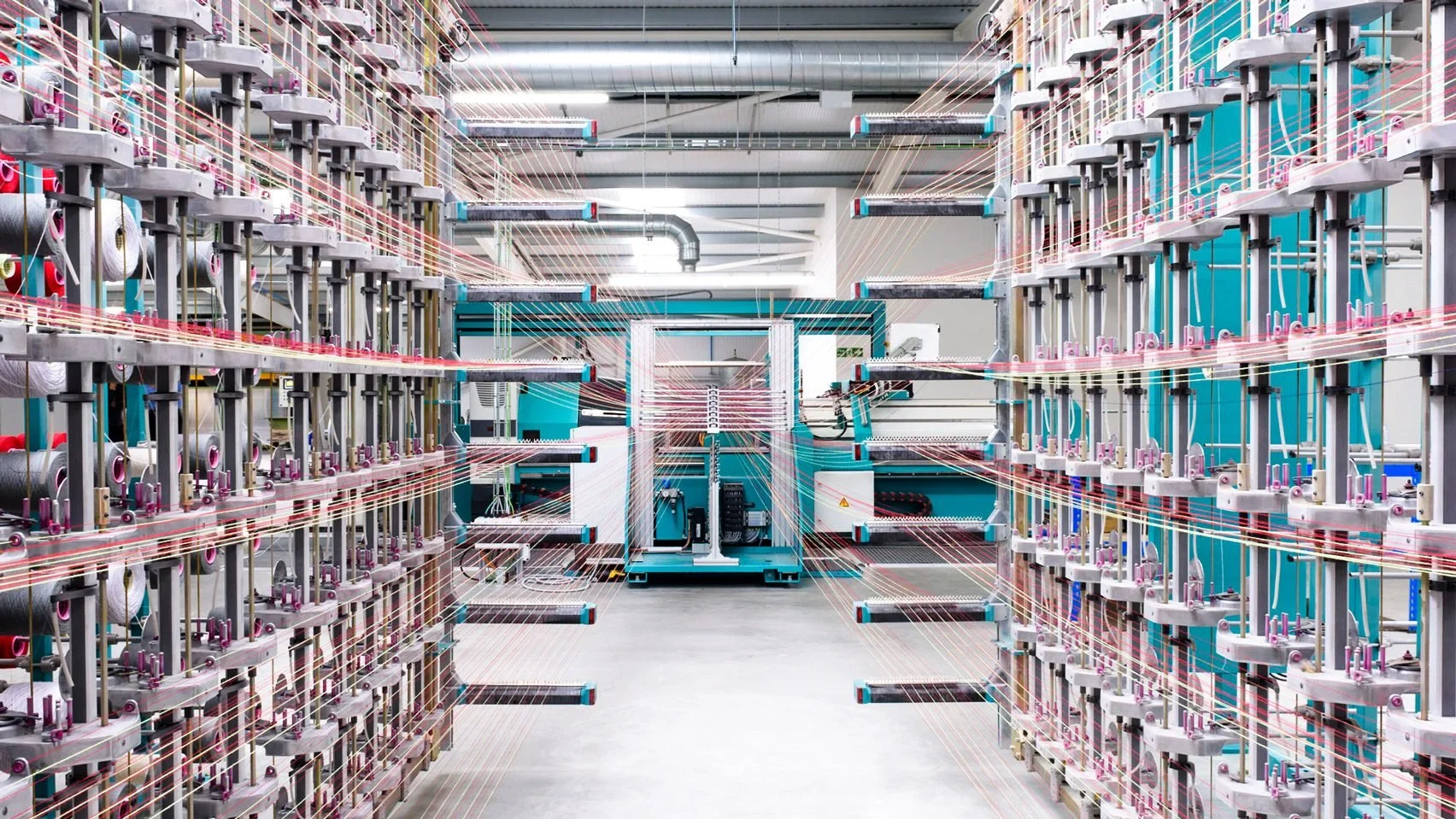Kvadrat textiles - regenerate together through transparency strategies
Kvadrat is a global leader in textile design, founded in 1968 by Poul Byriel and Erling Rasmussen in Ebeltoft, Denmark. The company was established with the mission to create high-quality, innovative textiles that push the boundaries of design and technology. Kvadrat's current mission focuses on sustainability, innovation, and collaboration, aiming to provide architects, designers, and consumers with textiles that enhance the quality of life. Core values include creativity, sustainability, and excellence, with a purpose to lead the textile industry in sustainable practices and innovative design.
Location
Headquarters: Ebeltoft, Denmark.
Primary manufacturing/operations locations: Various locations across Europe, including Denmark, Norway, and the Netherlands.
Note: Strategic locations to optimize local sourcing, distribution, and collaboration with industry partners.
The Circular Vision
Core circular economy principles: Designing out waste, using recycled and sustainable materials, and creating products that are fully recyclable.
Key innovations: Development of sustainable textiles and materials, including the Kvadrat Really initiative, which transforms end-of-life textiles into new, high-quality materials.
Prioritization of local sourcing and closed-loop supply chains: Emphasis on using local materials and production to minimize environmental impact and support local economies.
Pioneering Solutions
Flagship products: High-quality textiles for furniture, curtains, and accessories, including the Kvadrat Really materials made from recycled textiles.
Unique value propositions: High-quality, sustainable textile solutions that prioritize circularity, material reuse, and environmental responsibility. Kvadrat's products are known for their innovative design, durability, and aesthetic appeal.
The Regenerative Future
R&D focus areas: Advancing sustainable materials, optimizing recycling processes, and developing new circular design principles.
Ambitious goals: To lead the textile industry in sustainable practices, create zero-waste products, and inspire a shift towards a regenerative approach to material design.
Fact Sheet
Commercial Availability: Products available globally through direct sales, distributors, and retail partners.
Environmental Product Declaration (EPD): Available for many product categories, providing transparency on the sustainable character of products.
Circularity Rating: 5/5 (Strong focus on circular economy principles).
Key Certifications: Cradle to Cradle, EU Ecolabel, ISO 14001.
Cost Rating: 4/5 (Competitive with conventional alternatives, with significant cost savings in sustainable materials).
Material Passport: Detailed material traceability and use of recycled and sustainable materials.
Designed for Disassembly: Yes, products are designed for easy disassembly and recycling.
Carbon Performance: Focus on reducing carbon footprint through sustainable materials and local production.
Key Takeaway
Kvadrat transforms the textile industry through innovative, sustainable solutions, setting a benchmark for circularity and environmental responsibility.
Explore Further
Kvadrat website: https://www.kvadrat.dk/en
Sustainability overview: https://www.kvadrat.dk/en/about/our-company
Example product: Kvadrat Really - https://www.kvadrat.dk/en/kvadrat-really/about
Kvadrat is a global leader in textile design, founded in 1968 by Poul Byriel and Erling Rasmussen in Ebeltoft, Denmark. The company was established with the mission to create high-quality, innovative textiles that push the boundaries of design and technology. Kvadrat's current mission focuses on sustainability, innovation, and collaboration, aiming to provide architects, designers, and consumers with textiles that enhance the quality of life. Core values include creativity, sustainability, and excellence, with a purpose to lead the textile industry in sustainable practices and innovative design.
Location
Headquarters: Ebeltoft, Denmark.
Primary manufacturing/operations locations: Various locations across Europe, including Denmark, Norway, and the Netherlands.
Note: Strategic locations to optimize local sourcing, distribution, and collaboration with industry partners.
The Circular Vision
Core circular economy principles: Designing out waste, using recycled and sustainable materials, and creating products that are fully recyclable.
Key innovations: Development of sustainable textiles and materials, including the Kvadrat Really initiative, which transforms end-of-life textiles into new, high-quality materials.
Prioritization of local sourcing and closed-loop supply chains: Emphasis on using local materials and production to minimize environmental impact and support local economies.
Pioneering Solutions
Flagship products: High-quality textiles for furniture, curtains, and accessories, including the Kvadrat Really materials made from recycled textiles.
Unique value propositions: High-quality, sustainable textile solutions that prioritize circularity, material reuse, and environmental responsibility. Kvadrat's products are known for their innovative design, durability, and aesthetic appeal.
The Regenerative Future
R&D focus areas: Advancing sustainable materials, optimizing recycling processes, and developing new circular design principles.
Ambitious goals: To lead the textile industry in sustainable practices, create zero-waste products, and inspire a shift towards a regenerative approach to material design.
Fact Sheet
Commercial Availability: Products available globally through direct sales, distributors, and retail partners.
Environmental Product Declaration (EPD): Available for many product categories, providing transparency on the sustainable character of products.
Circularity Rating: 5/5 (Strong focus on circular economy principles).
Key Certifications: Cradle to Cradle, EU Ecolabel, ISO 14001.
Cost Rating: 4/5 (Competitive with conventional alternatives, with significant cost savings in sustainable materials).
Material Passport: Detailed material traceability and use of recycled and sustainable materials.
Designed for Disassembly: Yes, products are designed for easy disassembly and recycling.
Carbon Performance: Focus on reducing carbon footprint through sustainable materials and local production.
Key Takeaway
Kvadrat transforms the textile industry through innovative, sustainable solutions, setting a benchmark for circularity and environmental responsibility.
Explore Further
Kvadrat website: https://www.kvadrat.dk/en
Sustainability overview: https://www.kvadrat.dk/en/about/our-company
Example product: Kvadrat Really - https://www.kvadrat.dk/en/kvadrat-really/about
Kvadrat is a global leader in textile design, founded in 1968 by Poul Byriel and Erling Rasmussen in Ebeltoft, Denmark. The company was established with the mission to create high-quality, innovative textiles that push the boundaries of design and technology. Kvadrat's current mission focuses on sustainability, innovation, and collaboration, aiming to provide architects, designers, and consumers with textiles that enhance the quality of life. Core values include creativity, sustainability, and excellence, with a purpose to lead the textile industry in sustainable practices and innovative design.
Location
Headquarters: Ebeltoft, Denmark.
Primary manufacturing/operations locations: Various locations across Europe, including Denmark, Norway, and the Netherlands.
Note: Strategic locations to optimize local sourcing, distribution, and collaboration with industry partners.
The Circular Vision
Core circular economy principles: Designing out waste, using recycled and sustainable materials, and creating products that are fully recyclable.
Key innovations: Development of sustainable textiles and materials, including the Kvadrat Really initiative, which transforms end-of-life textiles into new, high-quality materials.
Prioritization of local sourcing and closed-loop supply chains: Emphasis on using local materials and production to minimize environmental impact and support local economies.
Pioneering Solutions
Flagship products: High-quality textiles for furniture, curtains, and accessories, including the Kvadrat Really materials made from recycled textiles.
Unique value propositions: High-quality, sustainable textile solutions that prioritize circularity, material reuse, and environmental responsibility. Kvadrat's products are known for their innovative design, durability, and aesthetic appeal.
The Regenerative Future
R&D focus areas: Advancing sustainable materials, optimizing recycling processes, and developing new circular design principles.
Ambitious goals: To lead the textile industry in sustainable practices, create zero-waste products, and inspire a shift towards a regenerative approach to material design.
Fact Sheet
Commercial Availability: Products available globally through direct sales, distributors, and retail partners.
Environmental Product Declaration (EPD): Available for many product categories, providing transparency on the sustainable character of products.
Circularity Rating: 5/5 (Strong focus on circular economy principles).
Key Certifications: Cradle to Cradle, EU Ecolabel, ISO 14001.
Cost Rating: 4/5 (Competitive with conventional alternatives, with significant cost savings in sustainable materials).
Material Passport: Detailed material traceability and use of recycled and sustainable materials.
Designed for Disassembly: Yes, products are designed for easy disassembly and recycling.
Carbon Performance: Focus on reducing carbon footprint through sustainable materials and local production.
Key Takeaway
Kvadrat transforms the textile industry through innovative, sustainable solutions, setting a benchmark for circularity and environmental responsibility.
Explore Further
Kvadrat website: https://www.kvadrat.dk/en
Sustainability overview: https://www.kvadrat.dk/en/about/our-company
Example product: Kvadrat Really - https://www.kvadrat.dk/en/kvadrat-really/about
